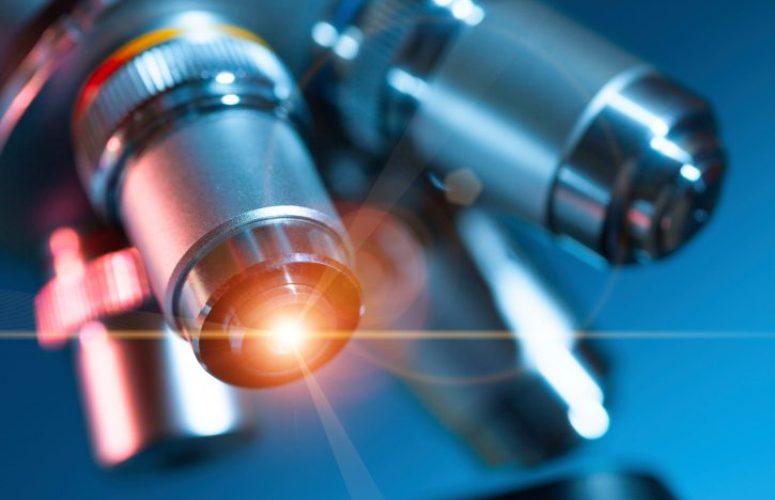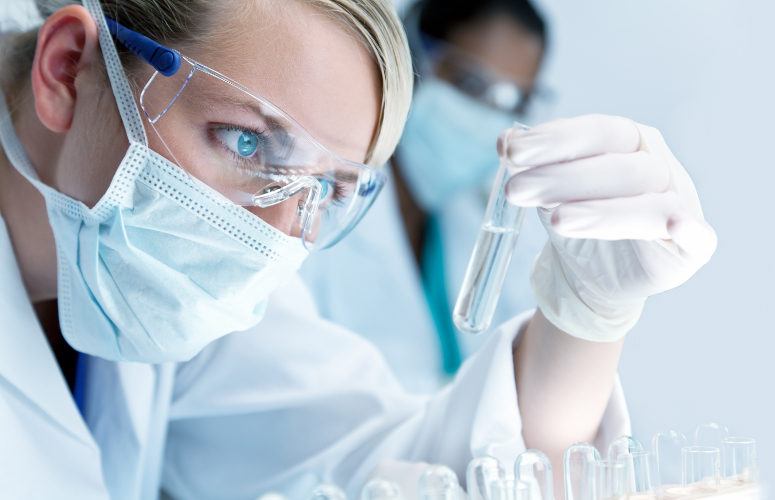
Hackensack Meridian CDI & Axiom to Pursue Science in Space
Hackensack Meridian science institute, commercial space leader to work together beyond our atmosphere for clues to better protect human health
On Feb 23, 2023The Hackensack Meridian Center for Discovery and Innovation (CDI), based in Nutley, and Axiom Space, a Houston, Texas-based company currently building the world’s first commercial space station, will collaborate to better understand the dynamics of biology and disease by conducting experiments in space. The CDI and Axiom Space will work together to study the influence of microgravity on the body with the intent to better understand human health and disease on Earth and ensure safe space travel. The initial collaboration may explore the impact of microgravity on the human immune system and how that affects the human body as it responds to space travel.
“The CDI and Axiom Space partnership is a critical deal that could benefit virtually all of us back on Earth,” said Robert C. Garrett, FACHE, CEO of Hackensack Meridian Health. “The sky isn’t the limit when it comes to the expertise of our scientists.”
“Space travel in microgravity places stress on the body,” said David Perlin, Ph.D., chief scientific officer and executive vice president of the CDI. “By learning about factors that keep space travel safe, we can apply the knowledge to improve the terrestrial health of humans with a wide variety of conditions and diseases.”
Since the mid-20th century, a growing literature has found that humans and other Earth-evolved organisms age and respond to stimuli differently when removed from the natural atmosphere of the Earth and its gravitational pull. Exploring the science underlying these changes could lead to insights for humans in space in future and for healthcare here on Earth.
“By exploring partnerships with outstanding scientific institutes such as CDI, we are able to maximize the impact of the scientific research we enable across our portfolio of initiatives through Axiom Space missions to the International Space Station (ISS) today and through future missions to Axiom Station,” said Christian Maender, executive vice president for in-space solutions at Axiom Space. “We are building opportunity in space to better life on Earth.”
Axiom Space reached a critical milestone for its objective last year, completing the first all-private astronaut mission to the ISS. On April 25, the Axiom Mission 1 (Ax-1) crew and the SpaceX Dragon spacecraft safely splashed down off the coast of Florida. The Ax-1 crew’s arrival back to Earth officially concluded the first mission of its kind, thereby successfully demonstrating Axiom Space’s ability to integrate with the ISS and conduct meaningful research outside the planet’s atmosphere.
“The CDI has continually pushed the envelope for our health network, and beyond,” said Ihor Sawczuk, M.D., FACS, Hackensack Meridian Health’s president of Academics, Research and Innovation, and also associate dean of Clinical Integration and professor and chair emeritus of Urology at the Hackensack Meridian School of Medicine. “Their mission has been global for quite some time – but now they are pushing even beyond that.”
To access more business news, visit NJB News Now.
Related Articles:





